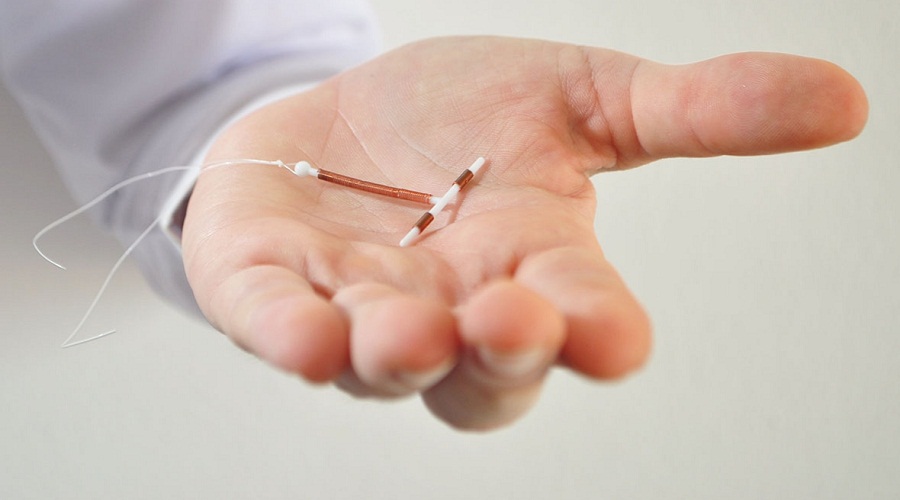Mirena is a hormonal intrauterine device (IUD) that can provide long-term birth control (contraception).
The device is a T-shaped plastic frame that's inserted into the uterus, where it releases a type of the hormone progestin. To prevent pregnancy, Mirena:
- Thickens mucus in the cervix to stop sperm from reaching or fertilizing an egg
- Thins the lining of the uterus and partially suppresses ovulation
Mirena prevents pregnancy for up to five years after insertion. It's one of several hormonal IUDs with Food and Drug Administration approval.
Why it's done
Mirena offers effective, long-term contraception. It can be used in premenopausal women of all ages, including teenagers.
Among various benefits, Mirena:
- Eliminates the need to interrupt sex for contraception
- Doesn't require partner participation
- Can remain in place for up to five years
- Can be removed at any time, followed by a quick return to your normal fertility
- Can be used while breast-feeding — although your health care provider will likely recommend waiting six to eight weeks after childbirth because earlier placement increases the risk of injuring the uterus during placement
- Doesn't carry the risk of side effects related to birth control methods containing estrogen
Mirena can decrease menstrual bleeding after three or more months of use. About 20 percent of women stop having periods after one year of using Mirena.
Mirena can also decrease:
- Severe menstrual pain and pain related to the abnormal growth of uterine-lining tissue outside the uterus (endometriosis)
- The risk of pelvic infection
- The risk of endometrial cancer
Because of these noncontraceptive benefits, Mirena is often prescribed for women with:
- Heavy menstrual bleeding
- Cramping or pain with periods
- Endometriosis
- Abnormal growth of the lining of the uterus (endometrial hyperplasia)
- Abnormal growth of uterine-lining tissue into the muscular wall of the uterus (adenomyosis)
- Anemia
- Fibroids
Mirena isn't appropriate for everyone. Your health care provider may discourage use of Mirena if you have:
- Breast cancer, or have had it
- Uterine or cervical cancer
- Liver disease
- Uterine abnormalities, such as fibroids, that interfere with the placement or retention of Mirena
- A pelvic infection or current pelvic inflammatory disease
- Unexplained vaginal bleeding
Tell your health care provider if you:
- Take any medications, including nonprescription and herbal products
- Have diabetes or high blood pressure
- Have a heart condition or have had a heart attack
- Have migraines
- Have blood-clotting problems or have had a stroke
- Recently gave birth or are breast-feeding
